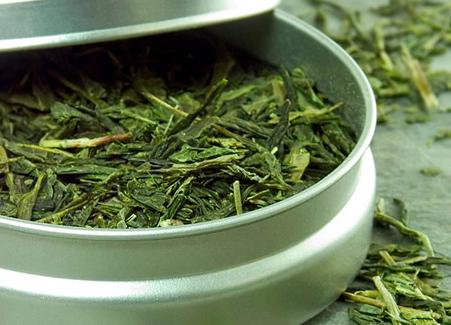
Beekeeping can be called apiculture, it is about maintaining two or more honeybee hives. It is the beekeeper who collects the honey and maintains the bees and hives. The location where the hives are kept are called the apiary. In the history of the ancient Egyptians, there were records showing that beekeeping was already being practiced as early as 13,000 B.C. Honey is considered very important in the ancient Egyptian civilization.
Honey is not the only thing that can be collected from the hives. You could collect beeswax to make candles and cosmetics. Royal jelly is a popular dietary supplement. The beekeeper can get propolis which is a resinous substance that can be used in alternative medicine.
Since 2006, US beekeepers have lost 10 million beehives, worth an estimated $2 billion. The monetary loss is staggering, but the losses to the food supply, which could soon be disastrous if bees keep disappearing, is beyond words.
There is no price that can be put upon the work of bees, which pollinate one-third of the food we eat. Just about every fruit and vegetable you can imagine is dependent on the pollinating services of bees. Apple orchards, for instance, require one colony of bees per acre in order to be adequately pollinated. Almond growers must have two hives per acre.
The Battle Over Insecticide Use Grows
While no one is debating the fact that bees are in trouble, intense controversy has risen over why. There are basically two primary sides to this debate: those who believe insecticides are to blame and those who do not. As you might suspect, championing the …
Research Implicates Neonicotinoids in Bee Deaths
Neonicotinoids are a new class of insecticides chemically related to nicotine. The name literally means “new nicotine-like insecticides”. Like nicotine, the neonicotinoids act on certain kinds of receptors in the nerve synapse. They are much more toxic to invertebrates, like insects, than they are to mammals, birds and other higher organisms.
Neonicotinoids are now used on most American crops, especially corn. This newer class of chemicals is applied to seeds before planting, allowing the pesticide to be taken up through the plant's vascular system as it grows. As a result, the chemical is expressed in the pollen and nectar of the plant.
These insecticides are highly toxic to bees because they are systemic, water-soluble, and pervasive. They get into the soil and groundwater where they can accumulate and remain for many years and present long-term toxicity to the hive. Neonicotinoids affect insects' central nervous systems in ways that are cumulative and irreversible. Even minute amounts can have profound effects over time. One of the observed effects of these insecticides is weakening of the bee's immune system.
Neonicotinoids Are Contaminating Water, Too
The environmental concerns of neonicotinoids have focused on their role in pollinator health, although new research in Environmental Pollution identified another route of harm: waterways. After sampling nine Midwestern stream sites during the 2013 growing season, neonicotinoids were detected at all sites sampled. At different times of the growing season, levels of the insecticides peaked. For instance, after spring planting, levels spiked well above what would be considered toxic for aquatic organisms. Furthermore, reduced levels were detected in the waterways even before planting, which indicates that they can “persist from applications in prior years. “As reported by Mother Jones:
How to Protect the Bees
- Reduce or eliminate your use of pesticides
- Plant a pollinator-friendly garden by choosing a variety of plants that will continue flowering from spring through fall; check out the Bee Smart Pollinator App for a database of nearly 1,000 pollinator-friendly plants
- Choose plants native to your region and stick with old-fashioned varieties, which have the best blooms, fragrance and nectar/pollen for attracting and feeding pollinators
- Install your own beehive
Finally, if you would like to learn even more about the economic, political, and ecological implications of the worldwide disappearance of the honeybee, check out the extremely informative documentary film Vanishing of the Bees.
If you want to help save the bees, try natural methods of pest control – such as putting up bird boxes and blasting aphids with water. Many well-known garden pesticides contain neonicotinoids. The same applies to lawn care products. The fact is, most insect species are beneficial or harmless.
![]() Please Read this Article at Articles.Mercola.com
Please Read this Article at Articles.Mercola.com





Leave a Reply